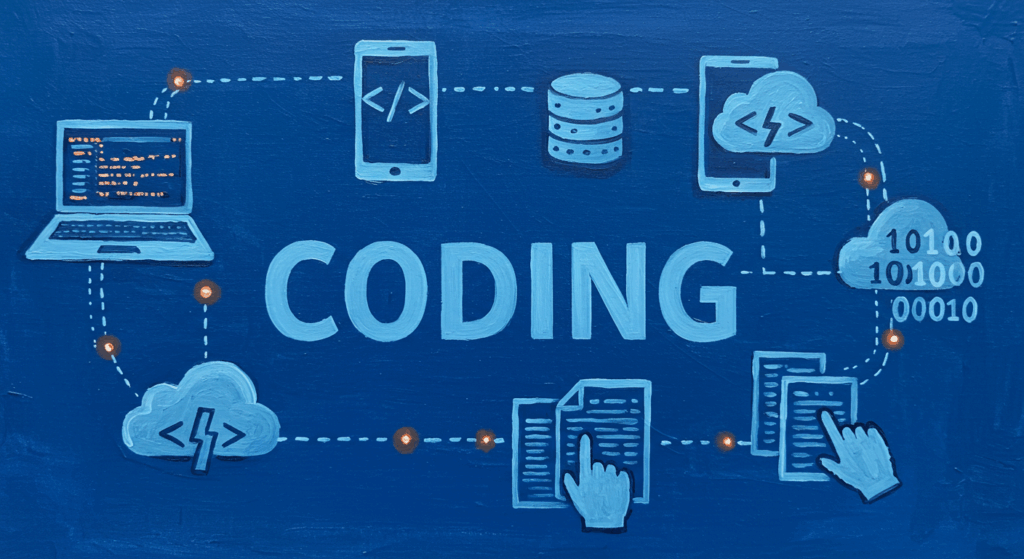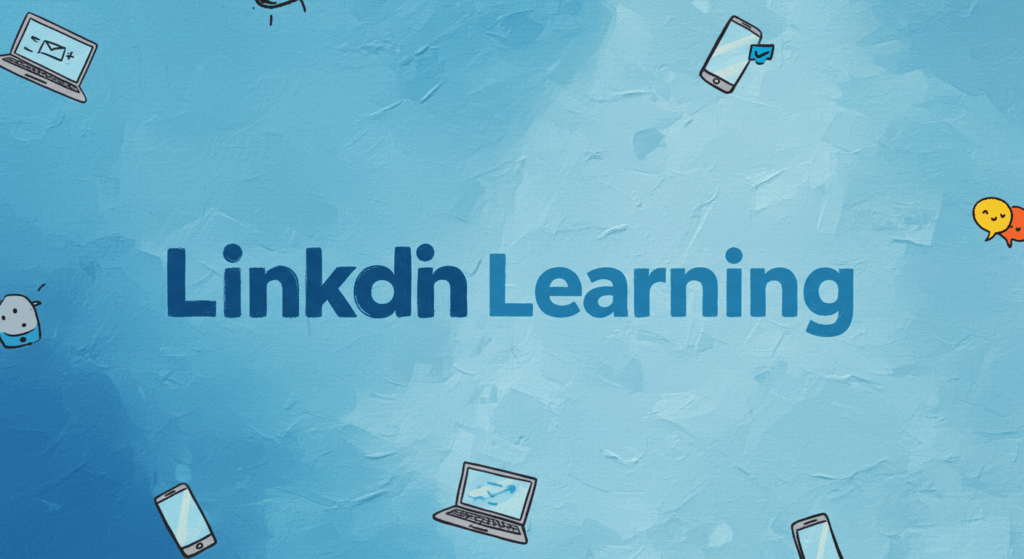You know that feeling when you’re applying for jobs and you wonder, “What do they actually want me to have these days?” I get it. The “dream job” checklist changes fast—AI, remote teams, sustainability, offices, back to offices… it’s a touch dizzying. But actually, employers are looking for a blend of evergreen strengths and shiny new ones. So, here’s what’s making them sit up and notice:.
The Big Picture: What’s Really Happening Out There
Here’s the thing that caught my attention: 85% of employers surveyed plan to prioritize upskilling their workforce, with 70% of employers expecting to hire staff with new skills. That’s huge, right? It means they’re not just looking for people who can do the job today—they want folks who can grow with the company.
And get this—many employers are turning to skills-first hiring practices intended to bring in candidates who can show they can perform the tasks associated with a given role—regardless of their formal training or level of experience. So if you’ve been worried about not having the “perfect” background, maybe it’s time to stop stressing about that and start focusing on what you can actually do.
The Tech Skills Everyone’s Talking About
AI and Big Data (Yeah, I Know, Everyone Says This)
Look, I get it. Everyone and their mother is talking about AI these days, and you’re probably sick of hearing it. But here’s why you should care: AI and big data are at the top of the list for the most important skills.
Now, before you panic and think you need to become some kind of AI wizard overnight, let me break this down. You don’t need to build the next ChatGPT. But understanding how to work WITH AI tools? That’s gold. I’m talking about things like:
- Knowing how to write effective prompts (seriously, this is becoming a real skill)
- Understanding when AI is helpful and when it’s… well, not so much
- Being able to interpret data that AI systems spit out
Cybersecurity: The Skill That Just Won’t Quit
Here’s a stat that blew my mind: there will be 3.5 million unfilled jobs in the cybersecurity industry through 2025. Three and a half million! That’s not a typo.
But here’s what’s interesting—it’s not just traditional cybersecurity anymore. New roles are popping up, blending security skills with AI skills—like overseeing threat models or guarding against data poisoning. So if you’ve got a mind for both security and technology, you’re looking at some pretty sweet opportunities.
Networks and Technological Literacy
This one’s kind of a no-brainer, but networks and cybersecurity and technological literacy are climbing the charts. And honestly? In our hyper-connected world, can you blame employers for wanting people who actually understand how all this tech stuff works together?
The “Soft Skills” That Aren’t So Soft Anymore
Now here’s where it gets interesting. You’d think with all this talk about AI and tech, soft skills would take a backseat, right? Wrong. Dead wrong.
Emotional Intelligence: The Secret Weapon
Get this—89% of bad hires typically lack critical soft skills, regardless of their technical proficiency. Eighty-nine percent! That means you could be the most technically gifted person in the room, but if you can’t work with people… well, good luck with that.
Among the 10 most sought-after skills in LinkedIn’s top ten skills list, six are soft skills, including communication, leadership and analytical skills. Six out of ten! That tells you something, doesn’t it?
Creative Thinking and Problem-Solving
Creative thinking and resilience, flexibility and agility are also rising in importance, along with curiosity and lifelong learning.
You know what I love about this? It means companies want people who can think outside the box, not just follow a manual. They want problem-solvers, not just task-completers. And honestly, in a world where AI can handle a lot of the routine stuff, being able to think creatively is what’s going to keep you valuable.
Communication: Still King (or Queen)
I cannot stress this enough—communication skills are everything. Whether you’re explaining complex technical concepts to your boss who “isn’t really a tech person” or collaborating with a remote team across three time zones, if you can’t communicate clearly, you’re going to struggle.
Cheat Sheet: Core Skills Employers Want in 2025
| Skill Category | What It Means in Real Life |
|---|---|
| AI & Digital Fluency | Comfortable using AI tools, learning new tech fast |
| Data Literacy | Reading charts, making insights, translating to decisions |
| Thinking & Problem-Solving | Noticing patterns, adapting when things go sideways |
| Communication & EQ | Connecting, listening, empathizing, influencing |
| Adaptability & Resilience | Staying calm, adapting, leaning into change |
| Leadership & Strategic Think | Taking initiative, leading projects, seeing big pictures |
| Sustainability Awareness | Thinking ethically, thinking green, caring about impact |
| Learning Agility | Always upskilling, staying curious |
| Service Orientation | Making things smoother, friendlier, more helpful |
Real Talk & Practical Steps
Honestly? It feels empowering when I think about this. These skills aren’t just buzzwords—they’re ways of being: helpful, thoughtful, human-first.
If you’re trying to build them:
- Pick one or two to focus on—maybe communication and adaptability.
- Practice in real life: lead a team project, volunteer to teach, try a small data visualization.
- Share your progress: blog about your learning curve, show your thought process in interviews.
- And yes, apply for jobs—even if they say “required degree.” If you show the right skills, they might just rethink it.
In Summary (My Slightly Rambling Wrap-Up)
2025’s job market cares less about paper credentials and more about “How do you show up?” AI and tech will keep evolving. But above all, people-centered skills still win: empathy, curiosity, leadership, resilience, clear thinking—they’re unstoppable.
So if you’re standing there thinking you don’t fit some mold—forget the mold. Show your real skills. Be curious. Learn. Adapt. And remember: your human edge? That’ll always matter.









